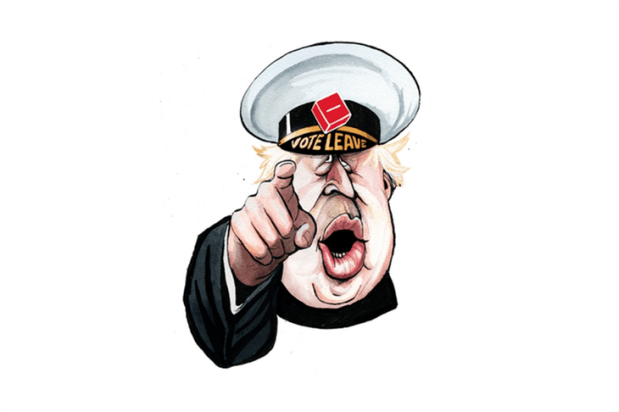Boris Johnson has received a bit of a kicking this week. There have been no shortage of people wanting to say he has been humiliated by the G7’s refusal to back his call for further sanctions on Russia and Syria after the chemical weapons attack. But I argue in The Sun today, that the real story is the weakness of the EU members of the G7.
To be sure, Boris got too far forward on his skis on sanctions. But the bigger issue, by far, is the weakness of those members of the G7 who wouldn’t back them: principally, Italy and Germany.
Lenin used to say “Probe with a bayonet; if you meet steel, stop! If you meet mush, then push.” This is, pretty much, Putin’s approach. So, Europe’s unwillingness to push back will embolden him.
During the EU referendum, one of the better arguments that the Remain side had was that Putin wanted Britain to leave the EU—and we should be wary of doing what he wanted. They argued that you needed a united European approach to stand up to Moscow’s meddling.
But this week has shown that Europe isn’t really prepared to do that. The Italians didn’t want sanctions on Russia as their president was there on a visit and they are keen to maintain good relations. While Berlin worried about Moscow cutting off gas supplies; 39 percent of Germany’s gas comes from Russia.
It is also worth remembering that much of the criticism Boris receives isn’t really about the job he’s doing, but the EU referendum. If it wasn’t for him, Leave wouldn’t have won and there are those on the other side of the argument—including some of his colleagues—who will never forgive him for that.







Comments